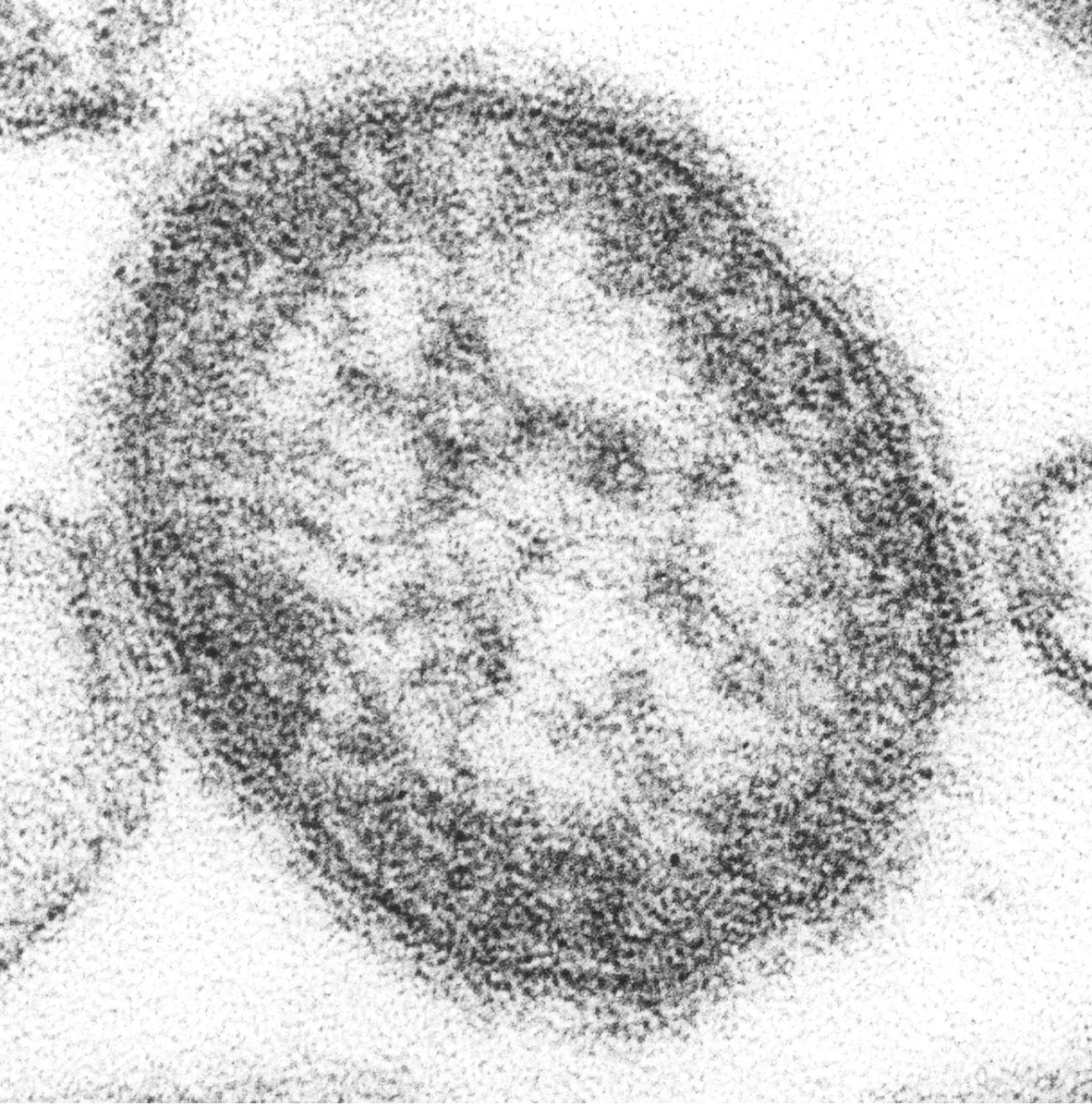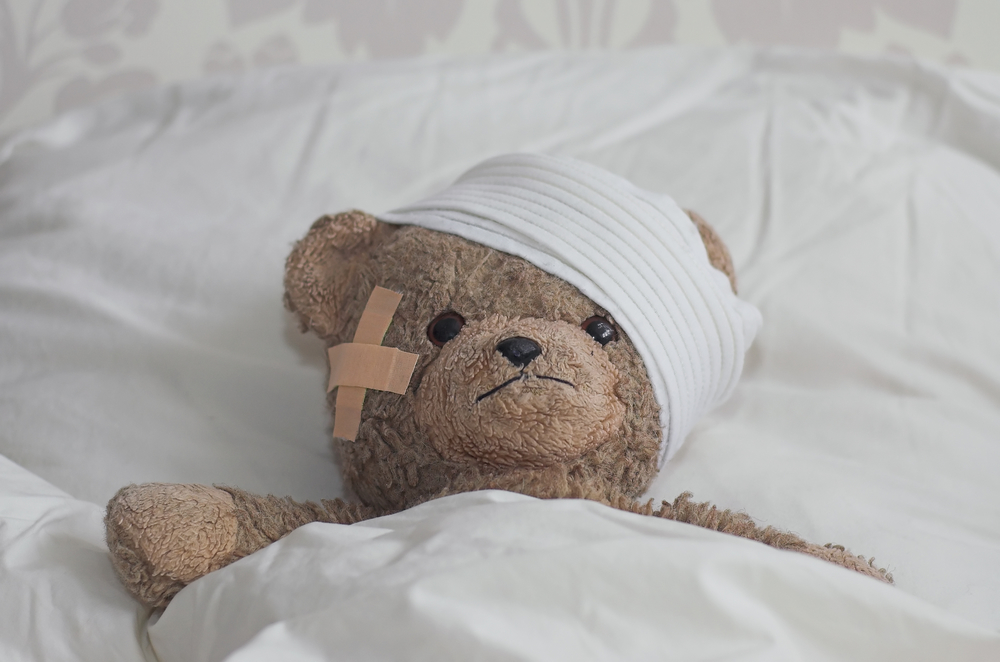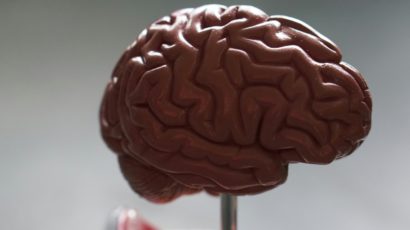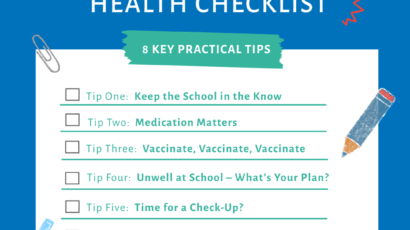Coughs and Sneezes Spread Diseases
What you need to know about Measles.
Miserable kiddies with a fever and a rash are part of being a parent – I’ve certainly been there with my two daughters.
But when is it something that can be treated at home with some painkillers, water and a cuddle? When is it something that needs to be checked by the doctor?
One of the important diseases that must be seen by a doctor is measles (rougeole in French, Masern in German). This is a serious disease caused by a virus that is very contagious – in fact 90% of non-immune people living with someone who has measles will catch it. The disease is spread by coughs and sneezes, as well as contact with objects such as door handles, toys etc. that have the wet spray from the coughs and sneezes on them.
Why do we worry about measles?
Not only does it make the child or adult miserable but it can also cause serious complications especially in babies, children and pregnant women amongst others.
In Switzerland, 1 in 6 people suffer from complications which include conjunctivitis, ear infections, croup, bronchitis, pneumonia, inflammation of the brain (encephalitis), febrile convulsions and also neurological problems that may appear years after the infection and can be permanent.
Sadly, in Switzerland there are 15-40 deaths per year in people who are not vaccinated against measles.
There is no cure for measles.
Why are we telling you about measles today?
Our aim is not to scare you or make you so worried that you can’t enjoy the normal ups and downs of life with your children. We just want to help you know what is happening in Switzerland today and of course, what you can do about it.
Prof. Jacques-André Romand, Médecin Cantonal, and Dr Elisabeth Delaporte, Conseillère En Santé Publique, announced last month that, after 5 measles-free months in Geneva, there have been 4 cases diagnosed here in the previous three weeks. How do they know? Well, measles is a ‘notifiable disease’ which means the doctor diagnosing it has to tell the Direction Générale de la Santé (anonymously!) so that they can monitor and control any outbreak to protect the community.
So how can you recognise if someone in your family might have measles?
It begins with a simple cold, followed by a cough and sore eyes. A few days later the person will have a fever and a slightly bumpy red rash will start to appear behind their ears and spread to their head, neck and then all over their body. The rash can be itchy. They may also have white spots inside their cheeks – this is a sign which only happens with measles so is a big clue for the doctors.
If you think someone might have measles, keep them away from other people and take them to the doctor or hospital as soon as possible – tell whoever answers the phone or welcomes you on site that there is a concern about measles. They can then help to protect the others around the poorly person, especially those who are more vulnerable due to reduced immune systems. Putting on one of those paper hospital masks is a good idea if possible.
What about the vaccination against measles?
There is an effective vaccination (= immunisation) against measles that is usually given as part of the MMR (ROR in French) as a combined vaccine.
M= Measles (Rougeole)
M = Mumps (Oreillons)
R = Rubella more commonly known as German Measles (Rubéole).
It has been estimated that more than a million lives are saved every year by this vaccine worldwide.

The Measles Virus. Photo Credit: Cynthia S. Goldsmith Content Providers(s): CDC/ Courtesy of Cynthia S. Goldsmith; William Bellini, Ph.D. [Public domain], via Wikimedia Commons
After 2 doses of the measles vaccine, more than 95% of people are protected for life. The vaccine is usually given at 12 months old and then the second dose when a child is between 15 and 24 months. However, during an epidemic, or after contact with a person with measles, the first vaccine can be given at 6 or 9 months and the second at 12-15 months.
Did you know that it is never too late to get the vaccination children, teenagers or adults! If a person born after 1963 is unsure if they have been vaccinated against measles, they should take their vaccination card (if they have one) to their doctor who will advise them.
Take a look at the official Swiss recommendations on vaccinations at www.infovac.ch or the WHO information atwww.who.int/topics/immunization/en/
Yes, there has been a lot of controversy about this vaccine in the media in the past, especially since 1998 when Andrew Wakefield published an article claiming a link between autism and the MMR vaccine. The research was declared fraudulent in 2011 and Dr Wakefield has been struck off the Medical Register in the UK.
We realise that vaccinations in general, especially MMR, is a sensitive subject amongst parents which often provokes strong opinions. We ask that this article be considered to be helpful health information for you and your family and not the start of a heated debate! If you have any questions and worries about the vaccination, please talk to your doctor. Thank you.
Written by Dr Penny Fraser






